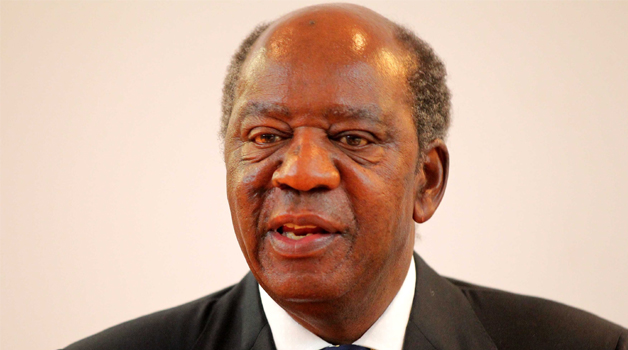By JUDITH NAMUTOWE and STANSLOUS NGOSA –
FINANCE Minister Alexander Chikwanda is today expected to unveil the 2016 national budget amid economic challenges.
Stakeholders are highly expectant that there will be more tax incentives towards alternative energy sources to reduce the impact of the current electricity deficit.
The 2016 budget, which is the fifth one under the Patriotic Front (PF) administration, will be debated by Members of Parliament ahead of January 1 2016 when it takes effect.
This afternoon citizens will be glued to their radio and television sets keenly looking to the national budget for some of the solutions aimed at addressing the economic challenges the country is facing.
President Edgar Lungu has already set the tone through his last month’s address to Parliament.
Mr Lungu had said, in an effort to address the power deficit the country is faced with, the Government would continue exploring possibilities of developing a 1,800 megawatts of power station at Batoka Gorge in Southern Province at a cost of US$4 billion.
Government will continue expanding the secondary school sub-sector by constructing new boarding and day schools countrywide.
It is expected resources will be allocated towards the on-going upgrading of the 220 basic schools into secondary, which will result in the creation of more than 100,000 spaces for learners in the country.
In the health sector, the Government is expected to continue with its programme of expanding hospitals and construction of the 650 health centres around the country.
On infrastructure development, the Budget is expected to allocate funds towards the acceleration of the implementation of road projects under the Link Zambia 8,000 project and other regional ones.
This is also in line with the 2016-2018 Medium Term Expenditure Framework (MTEF), in which the Government projects to spend K48.8 billion in 2016.
Government will focus on consolidation of its fiscal position to safeguard macro-economic stability and create fiscal space for vital public services and infrastructure development.
In this regard, Government will realign its fiscal path, while protecting critical social programmes in the health, education and social sectors.
The Government will also direct resources in its capital budget to complete on-going projects for roads, bridges and other infrastructure.
In the agriculture sector, emphasis is likely to be on promoting agricultural diversification and higher productivity to maintain food security, income generation and job creation.
Government will promote irrigated farming, aimed at improving the sector’s resilience to droughts in view of climate change challenges.
It is the intention of the Government to bring over 17,500 hectares under irrigation by 2018.
The target areas are Lusitu in Chirundu, Mwomboshi in Chisamba and Musakashi in Mufulira.
Government’s policy in the petroleum sub-sector will be to ensure a stable supply of fuel to all parts of the country.
Government will prioritise the development and rehabilitation of key infrastructure such as access roads to tourist sites, airports and cultural centres.







